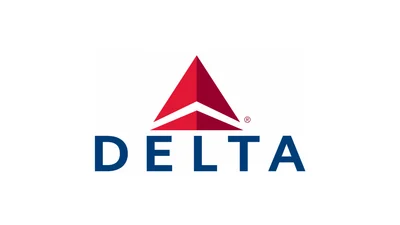“Turbulence has become a persistent and growing problem in recent years with the number of incidents doubling in Q1 2024 compared to Q1 2019. Turbulence is becoming more frequent, especially as the aircraft descends, due to large temperature differences between altitudes.”
In addition, Korean Air reiterated that as an aircraft passes an area of possible turbulence, the pilots turn on the ‘fasten seat belt’ sign inside the cabin, prompting passengers to sit down at their seats and strap themselves in. The airline reminded passengers that they must follow the flight crew’s instructions and secure themselves in their seats.
According to the carrier, encounters with sudden or clear-air turbulence (CAT) have been common. As a result, wearing a seatbelt at all times is the best way to ensure a safe journey onboard an aircraft. Furthermore, passengers should store their carry-on baggage in the overhead bin or under the seat to prevent injuries from falling items.
Over the past few months, there have been several high-profile turbulence-related incidents, which have resulted in injuries and even a fatality onboard a commercial flight. For example, an Air Europa flight UX45 traveling between Madrid Barajas Airport (MAD) and Montevideo Carrasco International Airport (MVD) was forced to divert to Brazil after encountering severe turbulence.
The flight departed on June 30 and landed at Natal International Airport (NAT), Brazil, on July 1. The airline confirmed on X (formerly known as Twitter) that passengers suffered injuries onboard the Boeing 787-9 registered as EC-MTI operating the flight. The aircraft has remained at NAT since the incident.
Meanwhile, a Korean Air Boeing 737 MAX 8 registered as HL8352 was also involved in a turbulence-related event on June 22. The aircraft was operating Korean Air flight KE189 from Seoul Incheon International Airport to Taichung Airport (RMQ) but was forced to turn back to ICN after departure.
In a statement, Korean Air confirmed that some passengers were treated for injuries once the aircraft landed at ICN. The same Boeing 737 MAX 8 returned to commercial service on June 28 after operating a test flight from and to ICN on the same day.
Another high-profile incident involved Singapore Airlines flight SQ321 experiencing severe turbulence resulting in more than a dozen people being injured onboard its Boeing 777-300ER. Unfortunately, this incident on May 21 also led to one fatality involving a United Kingdom national who passed away onboard.
Korean Air has joined several other airlines changing their safety protocols related to turbulence globally. Shortly after its turbulence event, Singapore Airlines announced it would not serve hot drinks and meals when the seatbelt sign was on as part of efforts to be more cautious when managing in-flight turbulence.
Regulators and industry stakeholders such as the European Union Aviation Safety Agency (EASA) have warned that climate change can negatively impact safety by increasing CAT frequency and severity in regions with significant international traffic like North Atlantic.
 Alerts Sign-up
Alerts Sign-up





































